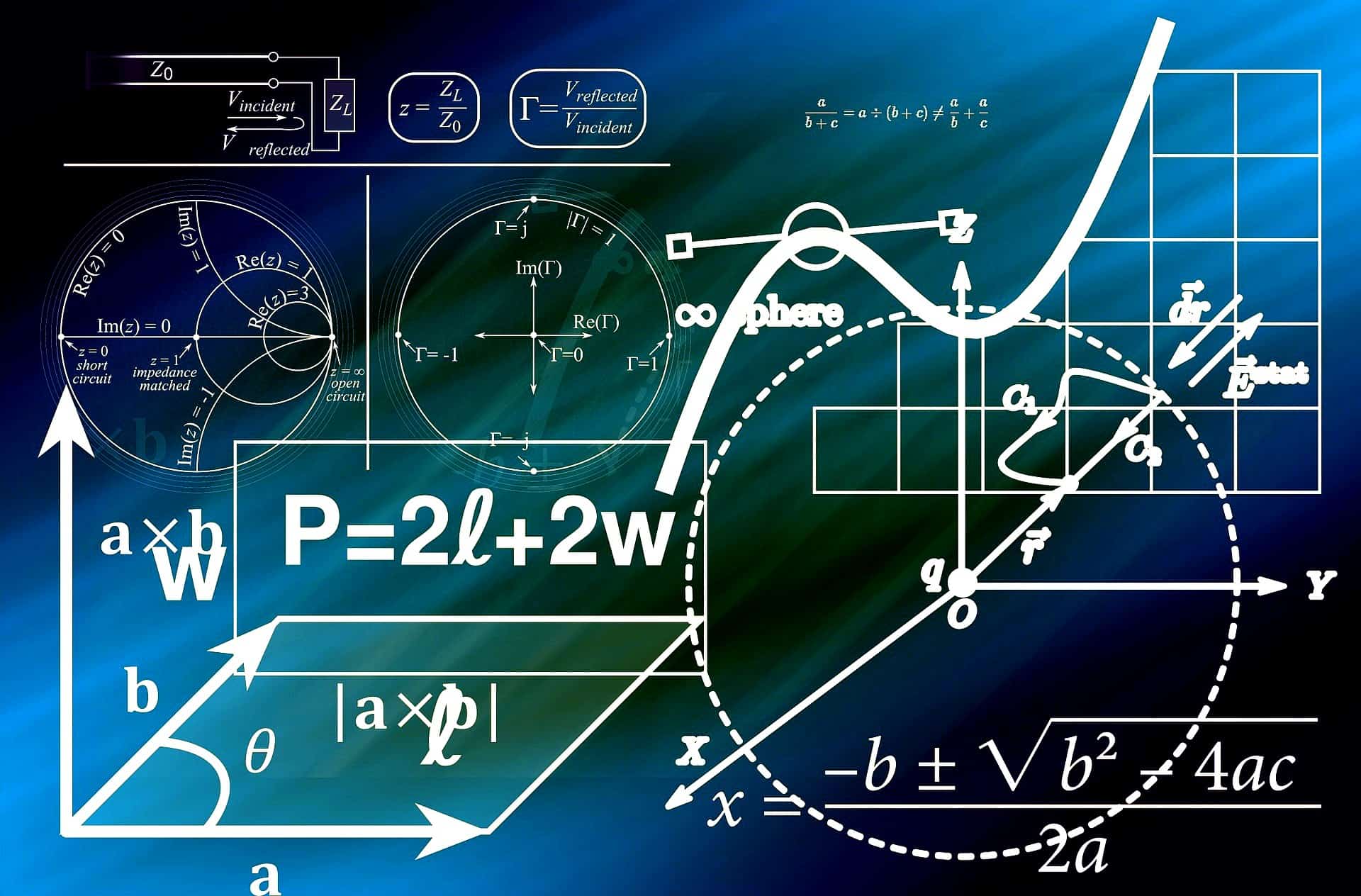Further Mathematics
“Without mathematics, there’s nothing you can do. Everything around you is mathematics. Everything around you is numbers.”
Shakuntala Devi, Indian writer, mathematician and mental calculator
Our Curriculum
As a subject, Maths is arguably one of humankind’s greatest philosophical constructs. It provides us with the tools to conceptualise, understand patterns and solve problems.
At Stretford Grammar School, we aim for all students to:
- have a positive attitude towards Mathematics, appreciating the inherent power and elegance of the subject;
- secure skills that enable them to become inquiring thinkers and achieve their maximum potential;
- develop fluency in their mathematical communication and their ability to reason mathematically;
- have confidence in approaching a variety of problems, but not to be afraid to take risks in their approaches and to develop from making mistakes.
The Maths programme of study is designed around the main strands of the National Curriculum: Number, Algebra, Ratio and Proportion, Geometry and Measures, and Statistics and Probability. The aim of the curriculum is to review and build upon prior experience of the subject and to develop a deeper understanding of the principles as you progress, not just within Maths itself, but also where methods can be applied, including other curriculum areas.
Getting Better at Maths
There's no big secret to becoming good at Maths. It all comes down to dedication and, if you really want to improve, hard work is essential. Understanding the underlying concepts is far more productive than simple memorisation. Practise regularly and often: try to work on problems that get progressively harder, rather than being repetitive. Getting stuck on an exercise doesn't mean you are not good at Maths and certainly isn't anything to be ashamed of. Spending time tackling a problem can be one of the most rewarding ways to learn Maths and truly understand it. Don’t be afraid to make mistakes! You can learn a lot from them: review your process; where and how did you go wrong? Ask a friend or your teacher for help. Don’t feel bad about asking for help, but approach the subject with a mindset that you can improve. Rather than say, "I don't get it”; instead, say something like "I feel like I understand everything until chapter three, but equations are really confusing me".
Beyond School
Put simply, GCSE Maths is an essential qualification for colleges and employers! We use maths in every aspect of our lives at work and in practical everyday activities at home and beyond. We use maths when we go shopping or plan a holiday, decide on a mortgage or decorate a room. It may seem unlikely that you will need to calculate pi, solve quadratic equations or calculate conditional probability, but you will be glad that whoever designed your games console, the aeroplane you fly in or the vaccine you are given did take time to learn these skills! Learning at GCSE level helps to build up essential skills that are used on a daily basis: problem solving, analysing data, communication, logical thinking and attention to detail. It means you can have more control over things like your finances and you can gain a better understanding of issues such as politics and current affairs.
Careers
People with Maths qualifications can go into: accounting, medicine, engineering, forensic pathology, finance, business, consultancy, teaching, IT, games development, scientific research, programming, the civil service, design, construction and astrophysics to name a few. Jobs in the mathematical sciences - that is, careers that studying Maths at university prepares you for directly - tend to be very well paid. The combination of a skills shortage and a growing need for maths skills means more and more employers are on the lookout for maths graduates.


